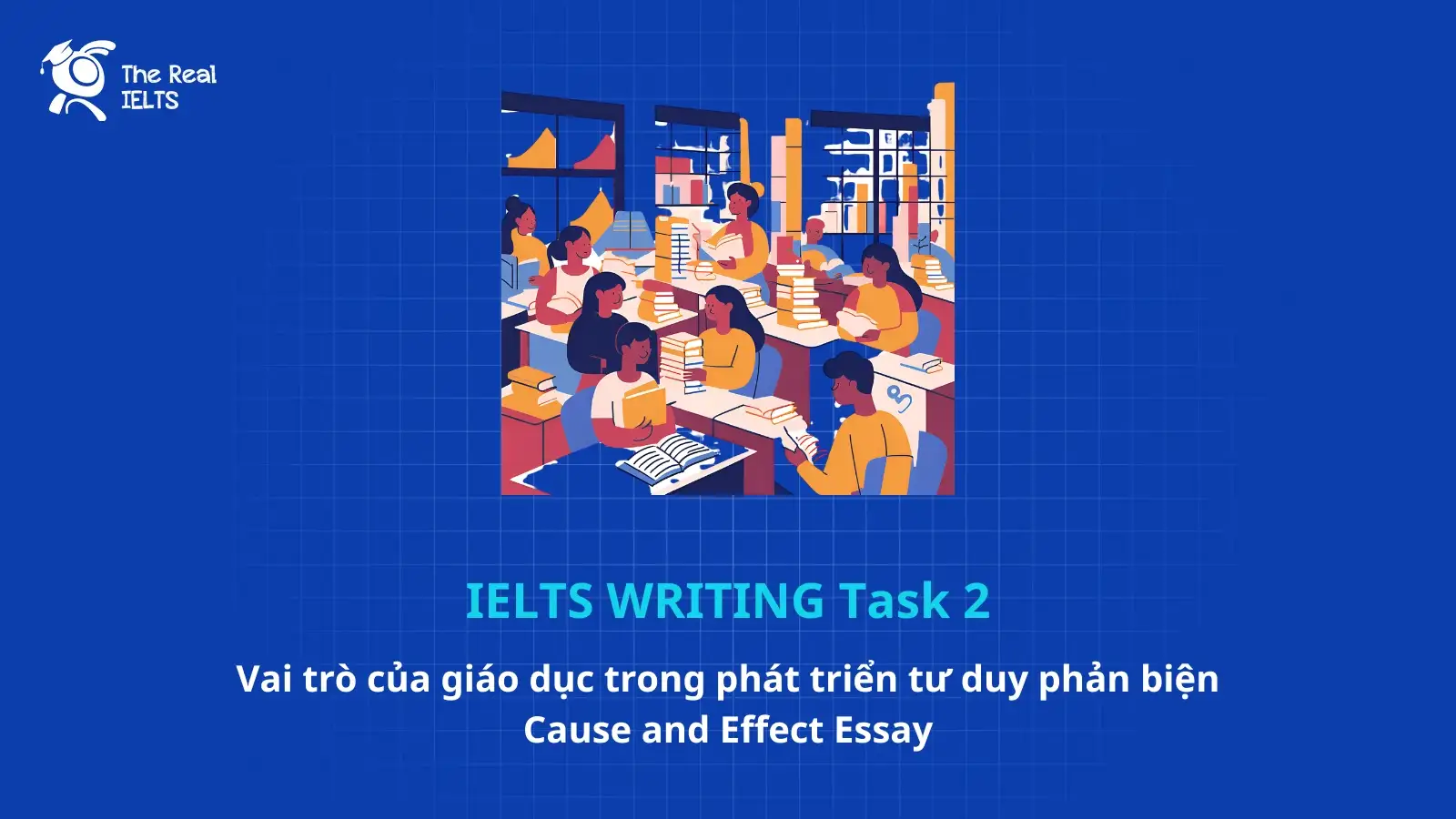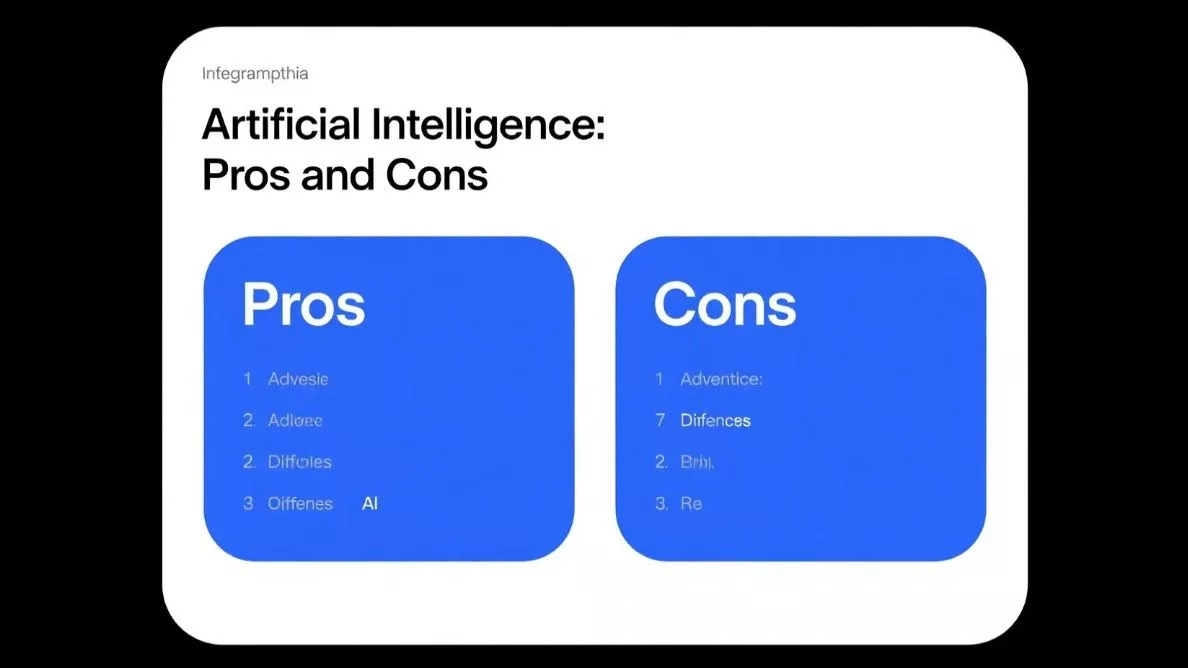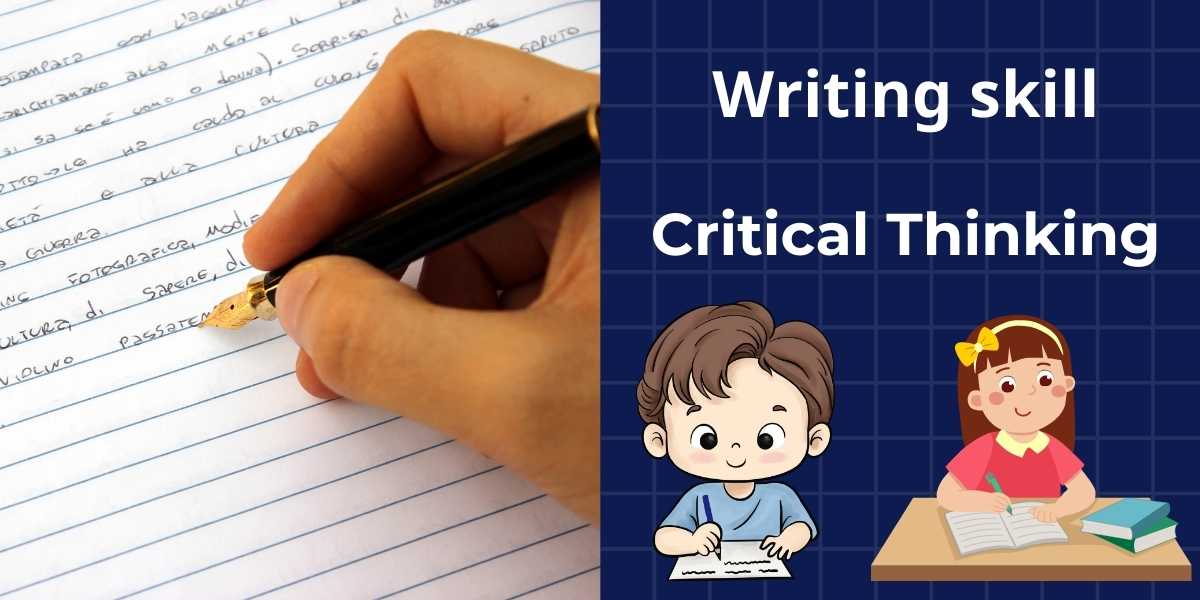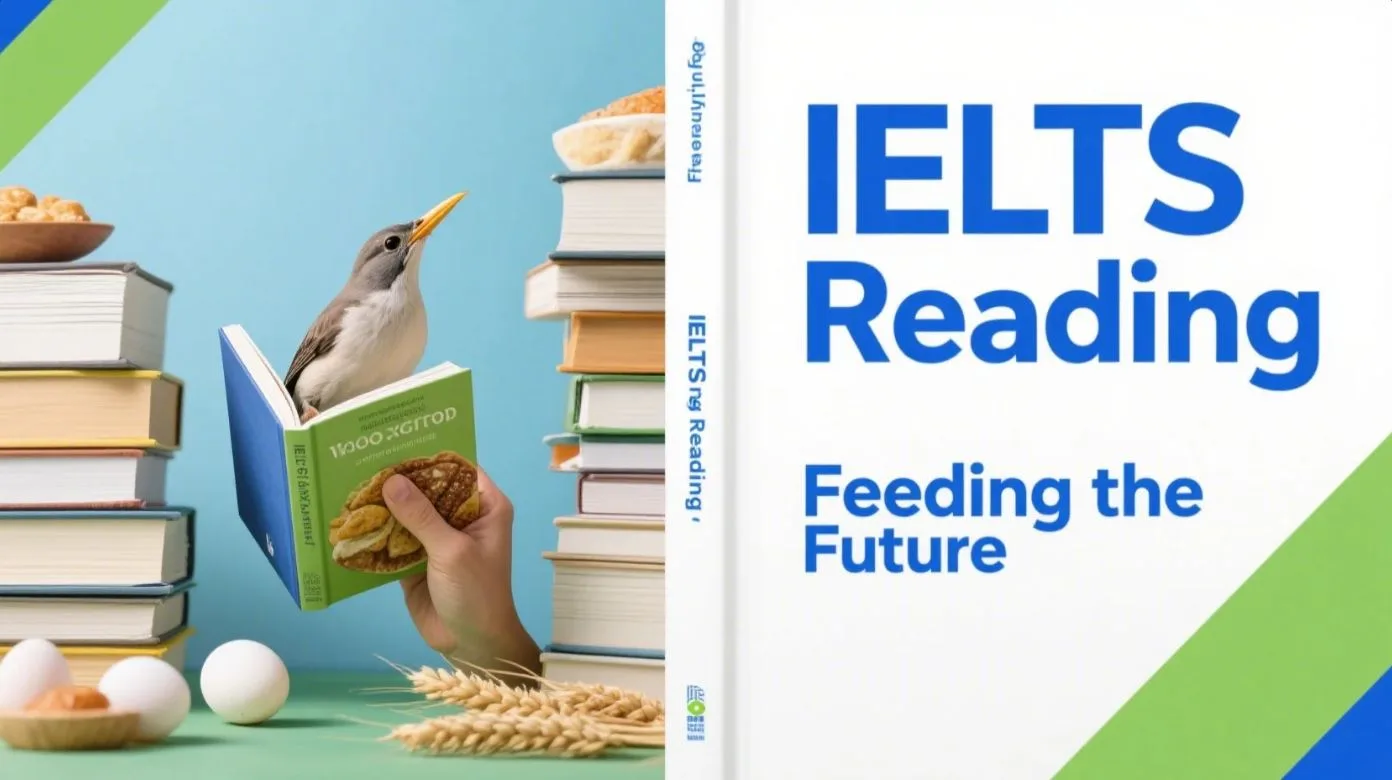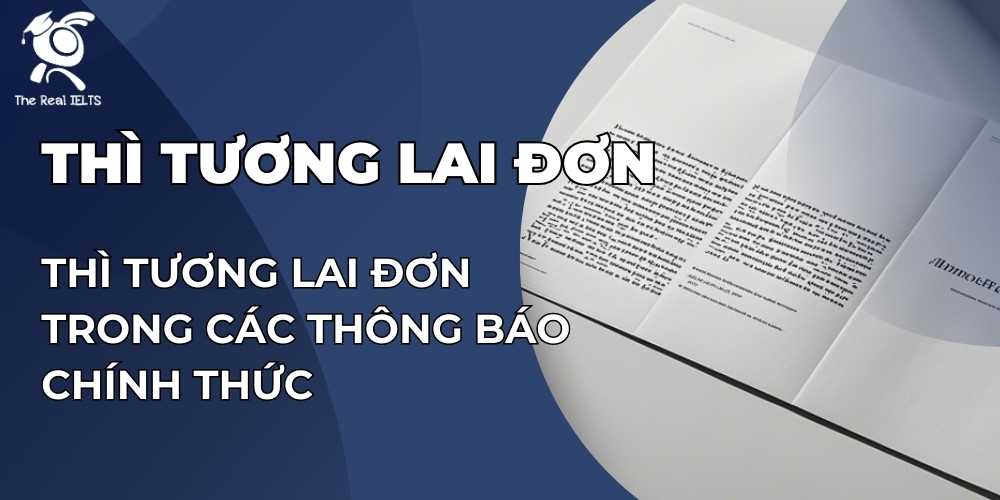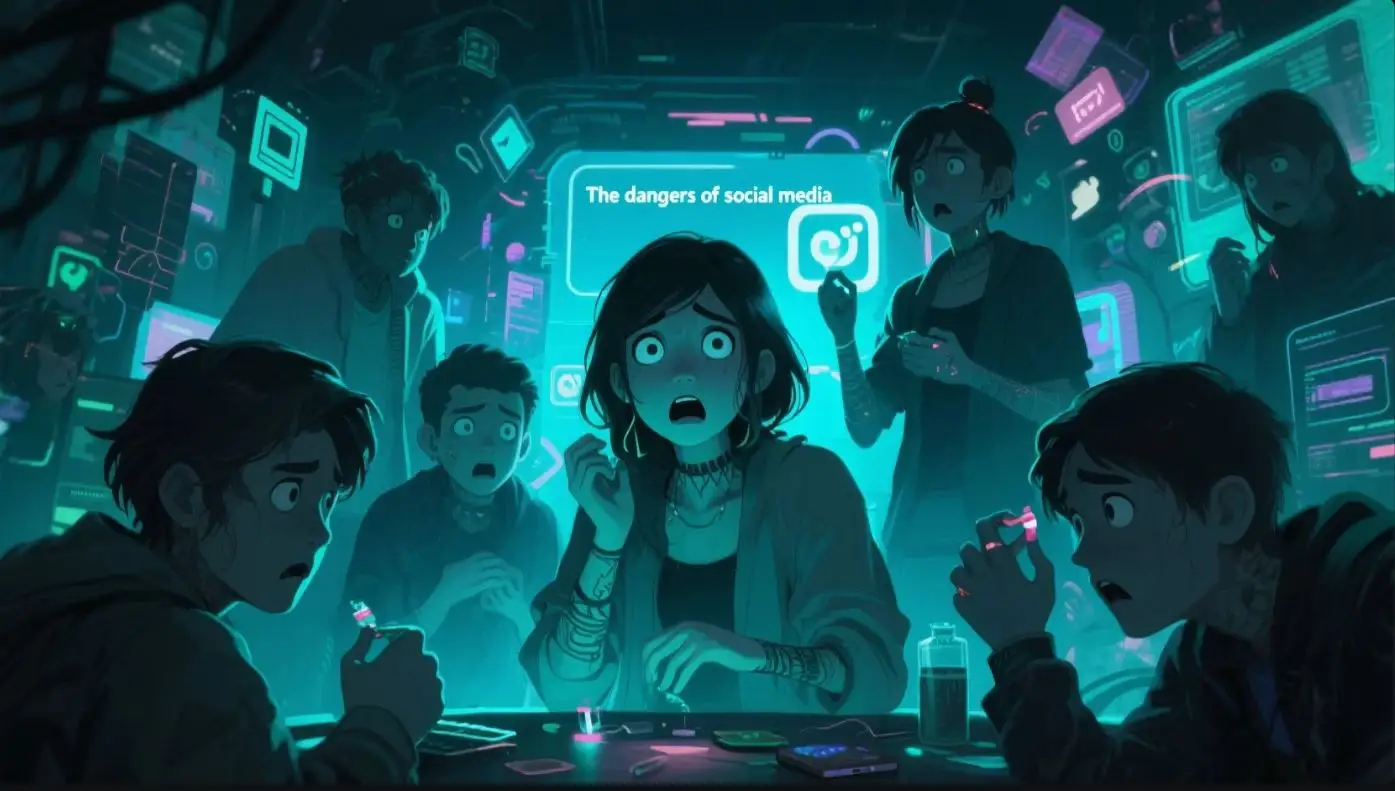IELTS Writing Task 2 dạng Cause and Effect Essay yêu cầu phân tích nguyên nhân và hậu quả của một vấn đề. Giáo dục có vai trò quan trọng trong phát triển tư duy phản biện, nhưng tại sao nhiều học sinh vẫn thiếu kỹ năng này? Hệ quả của vấn đề này là gì? Bài viết sau sẽ phân tích chi tiết.
Đề bài IELTS Writing Task 2: Vai trò của giáo dục trong phát triển tư duy phản biện – Cause and Effect Essay
Education is often linked to the development of critical thinking. What are the causes behind this relationship, and what effects does it have on individuals and society?
Ví dụ 1
Introduction
Education is widely regarded as one of the primary catalysts for the development of critical thinking. This relationship stems from the fact that education provides the necessary tools, frameworks, and opportunities for individuals to cultivate their analytical skills. This essay will explore the causes behind the link between education and critical thinking, as well as the effects this relationship has on both individuals and society.
Body Paragraph 1: Causes Behind the Relationship
One of the primary causes is that education introduces individuals to a wide range of subjects and perspectives. By studying different fields—such as science, mathematics, history, and literature—students are encouraged to analyze information, identify patterns, and consider alternative viewpoints. For example, when studying history, students are often required to evaluate various sources and viewpoints to form a reasoned argument, which enhances their critical thinking skills.
Another cause is the role of educational methods and teaching strategies. Approaches such as inquiry-based learning, problem-solving tasks, and Socratic questioning push students to question assumptions and think critically about the material. For instance, science experiments and case studies engage students in applying theoretical knowledge to real-world situations, promoting analytical thinking and decision-making skills.
Body Paragraph 2: Effects on Individuals
The relationship between education and critical thinking has several positive effects on individuals. On a personal level, critical thinking enables individuals to make informed decisions, solve problems more effectively, and approach challenges with a logical mindset. For example, individuals with strong critical thinking skills are better equipped to evaluate information in an age of misinformation and make choices that align with their values and goals.
Furthermore, the development of critical thinking enhances creativity and innovation. As individuals learn to think independently and challenge conventional ideas, they are more likely to generate original solutions and contribute to new ways of thinking in their respective fields.
Body Paragraph 3: Effects on Society
On a broader scale, the development of critical thinking through education positively impacts society. A population with strong critical thinking abilities is better equipped to engage in meaningful discussions, evaluate policies, and make well-informed decisions. This is especially important in democratic societies, where individuals need to assess political candidates, understand complex societal issues, and contribute to public debates.
Moreover, critical thinkers are more likely to drive innovation and progress within society. By questioning the status quo and considering alternative solutions, critical thinkers can help shape advances in science, technology, and social systems, leading to a more progressive and adaptive society.
Conclusion
In conclusion, education plays a vital role in developing critical thinking skills by exposing individuals to diverse subjects and teaching them how to analyze and question information. This relationship has far-reaching effects, enhancing personal decision-making, creativity, and innovation while benefiting society as a whole through informed citizens and social progress. Therefore, fostering critical thinking in education is crucial for the development of both individuals and society.
Ví dụ 2
Education is widely regarded as a crucial factor in developing critical thinking skills. This relationship exists due to the structured nature of academic learning, which encourages analysis, problem-solving, and independent thought. The impact of education on critical thinking extends beyond individuals, shaping societies by fostering innovation, informed decision-making, and social progress.
One of the main reasons why education enhances critical thinking is its emphasis on analytical learning. Subjects such as mathematics, science, and philosophy require students to evaluate evidence, form logical conclusions, and challenge assumptions. For example, scientific education encourages hypothesis testing and experimentation, which trains students to question existing knowledge and seek rational explanations. Similarly, humanities subjects, such as history and literature, develop analytical skills by requiring students to interpret texts, compare perspectives, and assess historical events critically.
Another key cause is the interactive nature of modern education, which promotes discussion and debate. In classrooms, students engage in problem-solving activities, group projects, and case studies that require them to think independently and justify their viewpoints. This process not only enhances cognitive flexibility but also helps students develop the ability to approach issues from multiple perspectives. Additionally, teachers play a crucial role in fostering inquiry-based learning by encouraging students to ask questions and challenge conventional wisdom.
The effects of education-driven critical thinking are profound at both individual and societal levels. On a personal level, individuals with strong critical thinking skills are better equipped to navigate complex situations, make informed decisions, and adapt to changing environments. These skills are particularly valuable in professional settings, where employees must analyze information, solve problems, and innovate. For instance, in fields such as medicine, law, and technology, critical thinking is essential for making accurate diagnoses, formulating legal arguments, and developing new solutions.
At the societal level, a population with strong critical thinking abilities contributes to a more informed and progressive society. Educated individuals are less likely to be influenced by misinformation and propaganda, leading to more rational public discourse and decision-making. Furthermore, societies that prioritize education and critical thinking tend to be more innovative, as they encourage scientific research, technological advancements, and policy reforms based on evidence rather than ideology. For example, nations with strong educational systems often lead in scientific discoveries and economic development due to their ability to produce skilled professionals and forward-thinking leaders.
In conclusion, the strong link between education and critical thinking exists because academic learning fosters analytical reasoning and intellectual engagement. The impact of this relationship is significant, as it equips individuals with essential problem-solving skills and contributes to a more informed, innovative, and progressive society. Therefore, investing in quality education is crucial for both personal and collective advancement.
Ví dụ 3
Introduction
Education is widely regarded as a key driver in developing critical thinking skills, enabling individuals to analyze information, solve problems, and make informed decisions. This essay explores the reasons behind this relationship and examines its effects on both individuals and society.
Causes of the Link Between Education and Critical Thinking
- Structured Learning Environment
- Education provides a formal setting where students are encouraged to question, analyze, and interpret information.
- Subjects like philosophy, mathematics, and science train students to approach problems logically and critically.
- Exposure to Diverse Perspectives
- Schools and universities expose students to different viewpoints, encouraging open-mindedness and analytical reasoning.
- Debates, discussions, and collaborative projects help students evaluate arguments and refine their thought processes.
- Emphasis on Problem-Solving and Analysis
- Many academic subjects require students to assess evidence, form hypotheses, and draw conclusions.
- Research-based learning fosters curiosity and independent thinking, reinforcing critical reasoning skills.
- Guidance from Educators and Mentors
- Teachers play a crucial role in developing students’ analytical abilities by encouraging questioning and exploration.
- Well-designed assessments push students to apply their knowledge rather than simply memorize facts.
Effects on Individuals
- Improved Decision-Making Skills
- Individuals with strong critical thinking abilities can evaluate risks, assess alternatives, and make informed choices in personal and professional life.
- Better Career Opportunities
- Many high-paying jobs require problem-solving, strategic thinking, and the ability to analyze complex information.
- Employees with strong critical thinking skills tend to be more adaptable and innovative in the workplace.
- Greater Intellectual Independence
- Education empowers individuals to think for themselves, question assumptions, and avoid manipulation or misinformation.
- Enhanced Problem-Solving Abilities
- Critical thinking helps individuals tackle everyday challenges more effectively, leading to increased confidence and self-reliance.
Effects on Society
- A More Informed and Engaged Citizenry
- Societies with educated populations tend to have more informed voters who can critically assess political and social issues.
- This leads to greater civic participation and stronger democratic institutions.
- Economic Growth and Innovation
- Nations with higher levels of education produce a more skilled workforce, driving technological advancements and economic progress.
- Critical thinking fosters creativity, leading to new ideas, businesses, and solutions to societal challenges.
- Reduced Misinformation and Prejudice
- Education helps combat misinformation by teaching individuals to evaluate sources and distinguish between fact and opinion.
- Societies with a strong emphasis on critical thinking tend to be more tolerant and open to diversity.
- Improved Social and Ethical Decision-Making
- Critical thinkers are more likely to consider ethical implications and long-term consequences when making decisions.
- This can lead to better policies, social justice initiatives, and more equitable societies.
Conclusion
The relationship between education and critical thinking is rooted in structured learning, exposure to diverse perspectives, and problem-solving exercises. This connection benefits individuals by enhancing their decision-making abilities, career prospects, and intellectual independence. On a broader scale, it contributes to economic growth, democratic stability, and social progress. To maximize these benefits, education systems should prioritize inquiry-based learning, open discussions, and real-world applications to ensure that students develop strong analytical skills.
Ví dụ 4
Introduction
Education is widely recognized as a key factor in developing critical thinking, which enables individuals to analyze, evaluate, and solve problems effectively. This relationship exists due to various factors, including exposure to structured learning, diverse perspectives, and problem-solving opportunities. The effects of strong critical thinking skills extend beyond individual benefits, influencing society as a whole. This essay will explore the causes behind this link and its broader impact.
Causes of the Relationship Between Education and Critical Thinking
- Structured Learning and Logical Reasoning – Education provides a systematic approach to learning, training students to think logically, evaluate evidence, and form reasoned conclusions.
- Exposure to Diverse Perspectives – Schools and universities encourage discussions, debates, and exposure to multiple viewpoints, helping individuals develop analytical thinking and decision-making skills.
- Development of Research and Problem-Solving Skills – Academic work, such as research papers and projects, teaches students to assess sources, analyze information critically, and present well-supported arguments.
- Encouragement of Inquiry and Independent Thought – A well-designed education system fosters curiosity by encouraging students to ask questions, challenge assumptions, and explore alternative solutions.
- Application of Knowledge to Real-World Issues – Education often integrates real-life scenarios, case studies, and experiments that require students to apply critical thinking in practical contexts.
Effects of Critical Thinking on Individuals and Society
Effects on Individuals
- Better Decision-Making Skills – Critical thinkers make informed choices, whether in their careers, finances, or personal lives, leading to better outcomes.
- Improved Problem-Solving Abilities – The ability to analyze and address challenges effectively enhances career prospects and personal success.
- Greater Creativity and Innovation – Individuals with strong critical thinking skills are more likely to develop new ideas, contribute to technological advancements, and improve existing systems.
- Stronger Communication and Argumentation – Critical thinkers can express their thoughts clearly, engage in meaningful discussions, and defend their viewpoints with logical reasoning.
Effects on Society
- Enhanced Workforce Productivity – A society with well-educated critical thinkers benefits from a more skilled, adaptable, and innovative workforce.
- Stronger Democratic Participation – Critical thinkers are more likely to engage in civic activities, make informed voting decisions, and contribute to societal progress.
- Reduction in Misinformation and Bias – Individuals with strong analytical skills can identify unreliable information, reducing the spread of misinformation and promoting fact-based discussions.
- Economic and Technological Growth – Societies that emphasize education and critical thinking often experience economic growth and technological advancements, leading to higher living standards.
Conclusion
The link between education and critical thinking is driven by structured learning, exposure to diverse perspectives, and problem-solving opportunities. This relationship benefits individuals by improving decision-making, problem-solving, and innovation, while also strengthening society by enhancing productivity, democratic participation, and economic progress. Investing in education that prioritizes critical thinking is essential for both personal and societal advancement.
Ví dụ 5
Education is widely regarded as a key factor in developing critical thinking skills, which are essential for problem-solving, decision-making, and innovation. This essay explores the causes behind the link between education and critical thinking and examines its effects on individuals and society.
Causes of the Relationship Between Education and Critical Thinking
- Exposure to Structured Learning
Formal education provides a structured environment where students are encouraged to analyze, evaluate, and synthesize information. Subjects such as mathematics, science, and philosophy require logical reasoning and critical analysis. - Emphasis on Inquiry and Problem-Solving
Many academic disciplines involve questioning, experimentation, and problem-solving. Research-based learning, scientific investigations, and debates help students develop the ability to assess information critically. - Diverse Perspectives and Open Discussions
Schools and universities expose students to different viewpoints through literature, history, and social sciences. By engaging in discussions, debates, and collaborative learning, students learn to evaluate arguments and form independent opinions. - Development of Analytical and Research Skills
Higher education encourages students to conduct research, analyze sources, and form evidence-based conclusions. This process enhances their ability to differentiate between reliable and misleading information. - Encouragement of Independent Thinking
Unlike informal learning, education often challenges students to justify their viewpoints and engage in intellectual debates. This nurtures independent thinking and the ability to question assumptions.
Effects of Critical Thinking Development
Effects on Individuals
- Enhanced Problem-Solving Abilities
Individuals with strong critical thinking skills can assess challenges effectively, find innovative solutions, and adapt to changing circumstances in both personal and professional life. - Better Decision-Making
Critical thinkers make informed decisions by weighing evidence and considering multiple perspectives. This reduces impulsive choices and improves outcomes in career, finance, and relationships. - Increased Career Opportunities
Many high-paying jobs require analytical skills, creativity, and the ability to solve complex problems. Critical thinkers excel in professions such as business, healthcare, law, and technology. - Greater Intellectual Independence
Education empowers individuals to think for themselves rather than blindly following authority or societal norms. This fosters self-confidence and lifelong learning.
Effects on Society
- Innovation and Economic Growth
A society that values critical thinking produces innovative solutions, advances in technology, and economic development. Educated populations drive scientific research and business success. - More Informed and Engaged Citizens
Critical thinking helps individuals analyze political and social issues objectively, leading to more informed voting decisions and active civic participation. This strengthens democracy and governance. - Reduction in Misinformation and Manipulation
Educated individuals are less likely to be influenced by propaganda, fake news, and misleading information. This creates a more rational and responsible society. - Social Progress and Problem-Solving
Societies that promote education and critical thinking are more likely to address social issues such as inequality, climate change, and public health through well-reasoned policies and ethical decision-making.
Conclusion
The relationship between education and critical thinking is rooted in structured learning, inquiry-based teaching, and exposure to diverse perspectives. The development of critical thinking benefits individuals by improving problem-solving, decision-making, and career prospects, while societies benefit from innovation, informed citizenship, and social progress. To maximize these benefits, education systems should prioritize analytical learning and real-world application rather than rote memorization.
Ví dụ 6
Introduction
Education is widely associated with the development of critical thinking, as it equips individuals with the ability to analyze, evaluate, and solve complex problems. This relationship exists due to various factors, including structured learning environments and exposure to diverse perspectives. The impact of critical thinking extends beyond individuals, influencing society as a whole. This essay will explore the causes behind this relationship and its effects on both individuals and society.
Causes of the Relationship Between Education and Critical Thinking
- Structured Learning and Problem-Solving Approaches – Education provides a structured framework where students engage in logical reasoning, analysis, and problem-solving exercises. Subjects such as mathematics, science, and philosophy require students to evaluate evidence, draw conclusions, and think critically.
- Exposure to Diverse Perspectives – Schools and universities introduce students to different cultures, ideologies, and viewpoints, helping them develop the ability to assess information objectively and make informed decisions.
- Research and Inquiry-Based Learning – Higher education, in particular, emphasizes independent research, where students critically evaluate sources, construct arguments, and defend their conclusions. This process strengthens analytical thinking.
- Encouragement of Debate and Discussion – Many educational systems encourage classroom discussions, debates, and peer reviews, allowing students to refine their reasoning skills and engage in constructive argumentation.
- Development of Communication Skills – Education enhances an individual’s ability to articulate thoughts clearly and persuasively, which is essential for critical thinking. Writing essays, delivering presentations, and engaging in group projects help students structure their arguments effectively.
Effects of Critical Thinking on Individuals
- Better Decision-Making Skills – Individuals with strong critical thinking abilities can analyze situations objectively, leading to better personal and professional decisions.
- Increased Problem-Solving Abilities – Critical thinkers are more adaptable in solving real-world challenges, whether in the workplace, personal life, or community issues.
- Enhanced Career Opportunities – Many high-paying and competitive jobs require employees to think analytically, assess risks, and develop innovative solutions. Individuals with strong critical thinking skills have a higher chance of career advancement.
- Greater Independence and Self-Confidence – People who think critically are less likely to be influenced by misinformation or biased opinions, enabling them to form independent and well-reasoned judgments.
Effects of Critical Thinking on Society
- Stronger Democracy and Civic Engagement – Societies that promote critical thinking tend to have more informed citizens who participate actively in democratic processes, such as voting and public discourse.
- Innovation and Economic Growth – Critical thinking fosters creativity and innovation, which drive technological advancements, entrepreneurship, and economic development.
- Reduced Spread of Misinformation – In an era of rapid information exchange, a society that values critical thinking is less susceptible to fake news, propaganda, and misleading information.
- Social Progress and Tolerance – When individuals engage in critical reasoning, they are more likely to appreciate diverse perspectives, reducing prejudice and fostering a more inclusive society.
Conclusion
Education plays a crucial role in developing critical thinking by providing structured learning, exposure to diverse ideas, and opportunities for research and debate. The effects of critical thinking extend beyond individuals, benefiting society through better decision-making, economic growth, and social progress. To maximize these benefits, educational institutions should continue to emphasize analytical learning and problem-solving approaches.
Ví dụ 7
Education is often associated with the development of critical thinking, as it provides structured learning, exposure to diverse ideas, and analytical problem-solving opportunities. This relationship has profound effects on both individuals and society, influencing personal growth, professional success, and societal progress.
Causes of the Link Between Education and Critical Thinking
- Structured Learning and Logical Reasoning – Education introduces students to systematic thinking through subjects like mathematics, philosophy, and science, which require logical analysis and problem-solving.
- Exposure to Diverse Perspectives – Schools and universities expose students to different cultures, ideologies, and viewpoints, encouraging them to analyze and evaluate information critically.
- Research and Inquiry-Based Learning – Academic settings emphasize research, requiring students to gather data, assess sources, and develop well-reasoned arguments.
- Classroom Discussions and Debates – Engaging in discussions and defending viewpoints fosters the ability to assess different arguments and refine reasoning skills.
- Application of Theoretical Knowledge – Education often includes case studies, experiments, and real-life applications that require students to think critically about practical situations.
Effects on Individuals
- Improved Problem-Solving Abilities – Individuals with strong critical thinking skills can analyze complex issues, make informed decisions, and solve problems effectively.
- Enhanced Career Prospects – Employers value analytical reasoning, decision-making, and innovation, leading to better job opportunities and professional success.
- Greater Independence in Thought – Education encourages individuals to question assumptions, differentiate between fact and opinion, and form their own perspectives.
- Better Adaptability to Change – Critical thinkers can navigate uncertainty, adapt to new environments, and handle unexpected challenges more effectively.
Effects on Society
- Informed and Responsible Citizens – Societies with educated individuals tend to have higher civic engagement, as people can critically evaluate political and social issues.
- Innovation and Economic Growth – A well-educated population contributes to advancements in science, technology, and business, driving economic development.
- Reduction in Misinformation and Bias – Critical thinkers are less likely to fall for misinformation, propaganda, or extremist ideologies, promoting rational discourse and social stability.
- Better Decision-Making in Public Policy – A society that values education and analytical reasoning can make more informed choices on policies affecting governance, healthcare, and sustainability.
Conclusion
The relationship between education and critical thinking is driven by structured learning, exposure to diverse perspectives, and analytical exercises. This connection benefits individuals by enhancing problem-solving skills and career prospects while contributing to a more informed, innovative, and stable society. Therefore, fostering critical thinking through education should remain a priority for personal and societal progress.
Ví dụ 8
Education is often associated with the development of critical thinking, as it provides individuals with the skills necessary to analyze information, solve problems, and make informed decisions. This relationship exists due to various educational methods and learning experiences that encourage logical reasoning and independent thought. This essay will explore the causes behind this connection and discuss its effects on individuals and society.
Causes of the Relationship Between Education and Critical Thinking
One major reason for this link is that education exposes individuals to diverse perspectives and knowledge. In academic settings, students encounter different viewpoints, theories, and arguments, which challenge them to evaluate information critically. Subjects such as science, philosophy, and literature require students to analyze data, interpret texts, and assess logical reasoning, fostering their ability to think independently.
Additionally, modern education encourages problem-solving and inquiry-based learning. Many educational institutions use teaching methods such as debates, research projects, and case studies, which require students to assess evidence, form reasoned opinions, and defend their arguments. These activities help develop analytical skills and the ability to approach problems systematically.
Furthermore, formal education provides structured opportunities for intellectual growth. Teachers guide students in questioning assumptions, recognizing biases, and making rational decisions. This mentorship plays a crucial role in refining an individual’s ability to think critically and apply knowledge effectively.
Effects of Critical Thinking on Individuals and Society
At an individual level, critical thinking skills improve decision-making and problem-solving abilities. People who can evaluate information objectively are better equipped to navigate personal and professional challenges. For example, critical thinkers are more likely to make informed career choices, manage finances wisely, and engage in meaningful discussions. Additionally, these skills enhance adaptability in an ever-changing world, allowing individuals to approach new situations with logical reasoning.
On a societal level, widespread critical thinking contributes to innovation and progress. A population with strong analytical skills can drive scientific discoveries, technological advancements, and policy improvements. In democratic societies, critical thinkers are better able to assess political arguments, differentiate between credible and misleading information, and participate in informed decision-making. This leads to a more engaged and responsible citizenry.
Moreover, critical thinking helps reduce misinformation and manipulation. In an era of digital media, the ability to analyze sources critically is essential for distinguishing facts from misinformation. Societies that prioritize education and critical thinking are more resistant to propaganda and false narratives, fostering a more informed and rational public discourse.
Conclusion
The link between education and critical thinking exists because education exposes individuals to diverse perspectives, promotes inquiry-based learning, and provides structured opportunities for intellectual growth. The effects of critical thinking are significant, benefiting individuals by improving decision-making and adaptability, while also strengthening society through innovation, informed citizenship, and resistance to misinformation. To maximize these benefits, education systems should continue to emphasize analytical skills and independent thought as core components of learning.
Ví dụ 9
Education is widely regarded as a key factor in developing critical thinking skills, as it provides individuals with the ability to analyze, evaluate, and apply knowledge effectively. This relationship is influenced by several factors, and its impact extends beyond individuals to society as a whole.
Causes of the Link Between Education and Critical Thinking
One of the main reasons education enhances critical thinking is its structured approach to learning. Schools and universities encourage students to engage with diverse perspectives, question assumptions, and develop logical arguments. Subjects such as science, mathematics, and philosophy require students to analyze data, evaluate evidence, and draw reasoned conclusions, which strengthens their ability to think critically.
Additionally, interactive and inquiry-based learning methods play a crucial role in fostering analytical skills. Classroom discussions, debates, and research projects encourage students to explore different viewpoints and justify their reasoning. Moreover, exposure to diverse ideas and cultures through education broadens individuals’ perspectives, helping them develop open-mindedness and problem-solving abilities.
Effects on Individuals and Society
On an individual level, strong critical thinking skills improve decision-making and problem-solving abilities. Educated individuals can assess information more effectively, make rational choices, and adapt to complex situations. This not only enhances personal and professional success but also fosters creativity and innovation.
At a societal level, a population with strong critical thinking skills contributes to economic and social progress. Informed citizens are better equipped to participate in democratic processes, challenge misinformation, and advocate for positive change. Additionally, workplaces benefit from employees who can analyze problems, generate solutions, and think strategically, leading to greater efficiency and innovation.
However, if education fails to emphasize critical thinking, societies may struggle with issues such as misinformation, poor decision-making, and a lack of innovation. Therefore, ensuring that education systems effectively nurture analytical skills is crucial for both individual growth and societal advancement.
Conclusion
The relationship between education and critical thinking stems from structured learning, interactive teaching methods, and exposure to diverse ideas. This connection benefits individuals by improving decision-making skills and enhances society by promoting innovation and informed citizenship. To maximize these benefits, education systems must prioritize critical thinking as a core learning objective.


